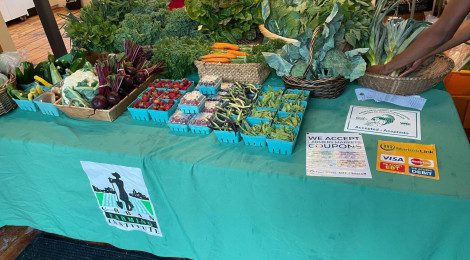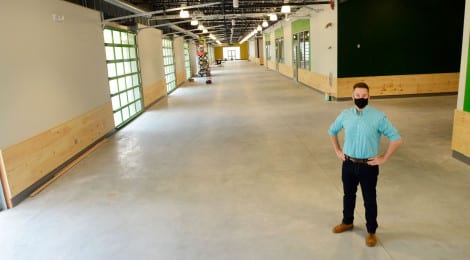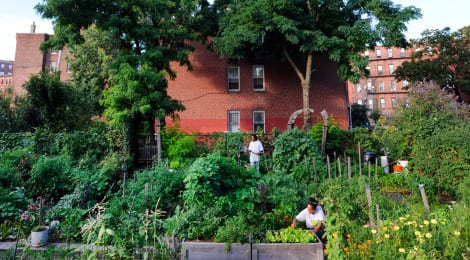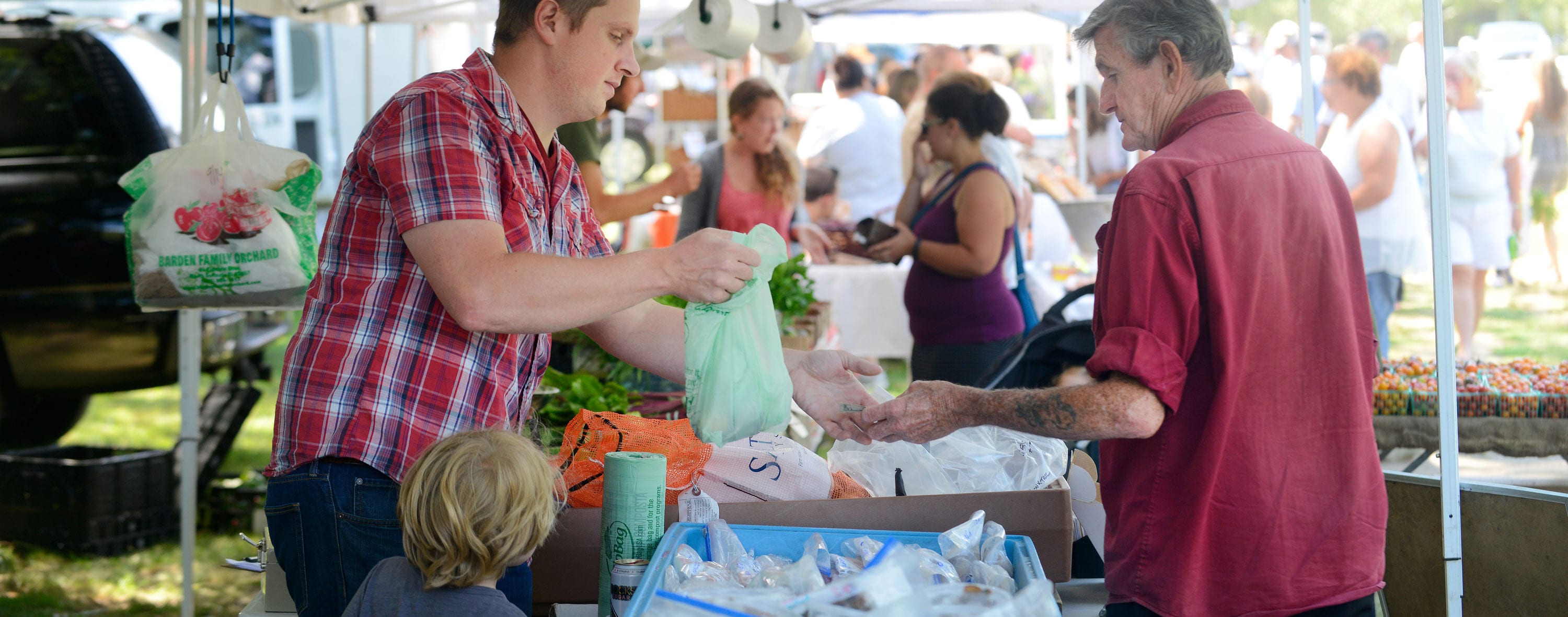
Grantee Profile
Rhode Island Food Policy Council
Rhode Island has an issue with food. Or at least, providing residents access to healthy, affordable food. But the Rhode Island Food Policy Council is doing something about it.
The state has the second highest rates of overall food insecurity and child food insecurity in New England. This, despite multiple programs dedicated to improving access to healthy food, from fruit and vegetable prescription programs to SNAP educational programming at farmers markets.
“Everyone has an interest in food because we all eat,” says Sumana Chintapalli, communications director of the Rhode Island Food Policy Council (RIFPC), an organization seeking to leverage that shared interest to spur collaboration across the state to improve accessibility.
RIFPC was created in 2011, with a mission to increase community food security while simultaneously growing the local food system. It accomplishes its mission through the coordination of a network of stakeholders from all sectors of the food system.
“The creation of the RIFPC brought together people concerned about food issues and combined their individual interests into an organizational entity and network. It connected people,” says Ken Payne, RIFPC chair.
To organize its efforts, RIFPC first established four work groups, each dedicated to addressing one of RIFPC’s goals: to increase access to healthy food (Access), to increase production of and demand for local food (Production), to cultivate a healthy environment (Environment), and to contribute to a thriving food economy (Economy). RIFPC also has a Policy Committee, which works to keep legislators informed on RIFPC’s priorities as well as identifies and supports food-related policy and legislation. Each of the work groups tackles dynamic challenges to help push Rhode Island towards a stronger food system.
The objective of the Access Work Group is to ensure that every Rhode Islander has access to fresh, affordable, culturally appropriate, and high quality food. “During the two years I was involved, we focused on federal food benefits at farmers markets,” says Kayla Ringelheim, former chair of the Access Work Group. “We acted as a broad umbrella for people working on increasing the use of SNAP benefits and incentives, WIC, pop-up markets – all of these efforts to improve access for low-income residents that different organizations in Rhode Island were doing, but not in a coordinated way as it is now.”
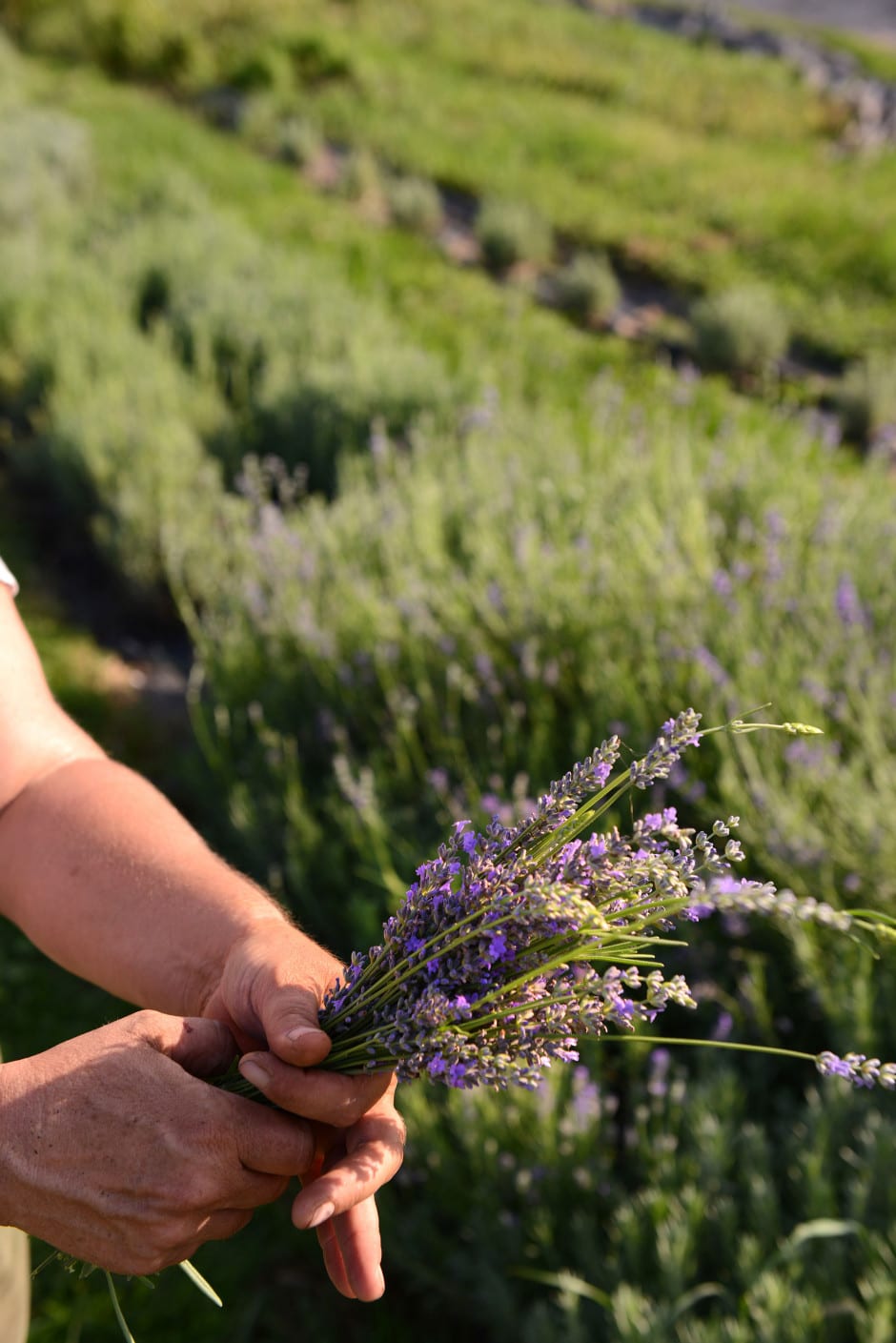

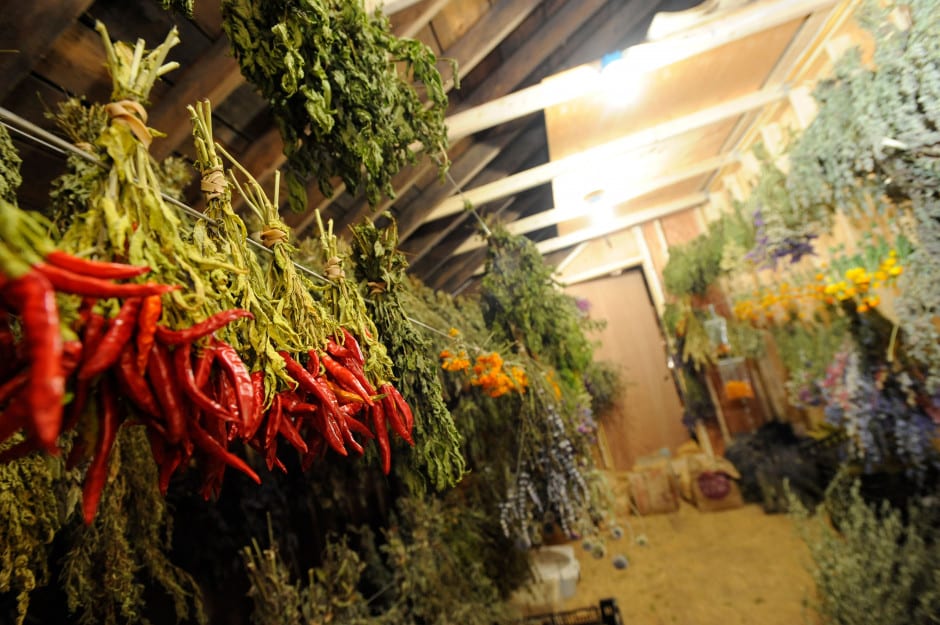

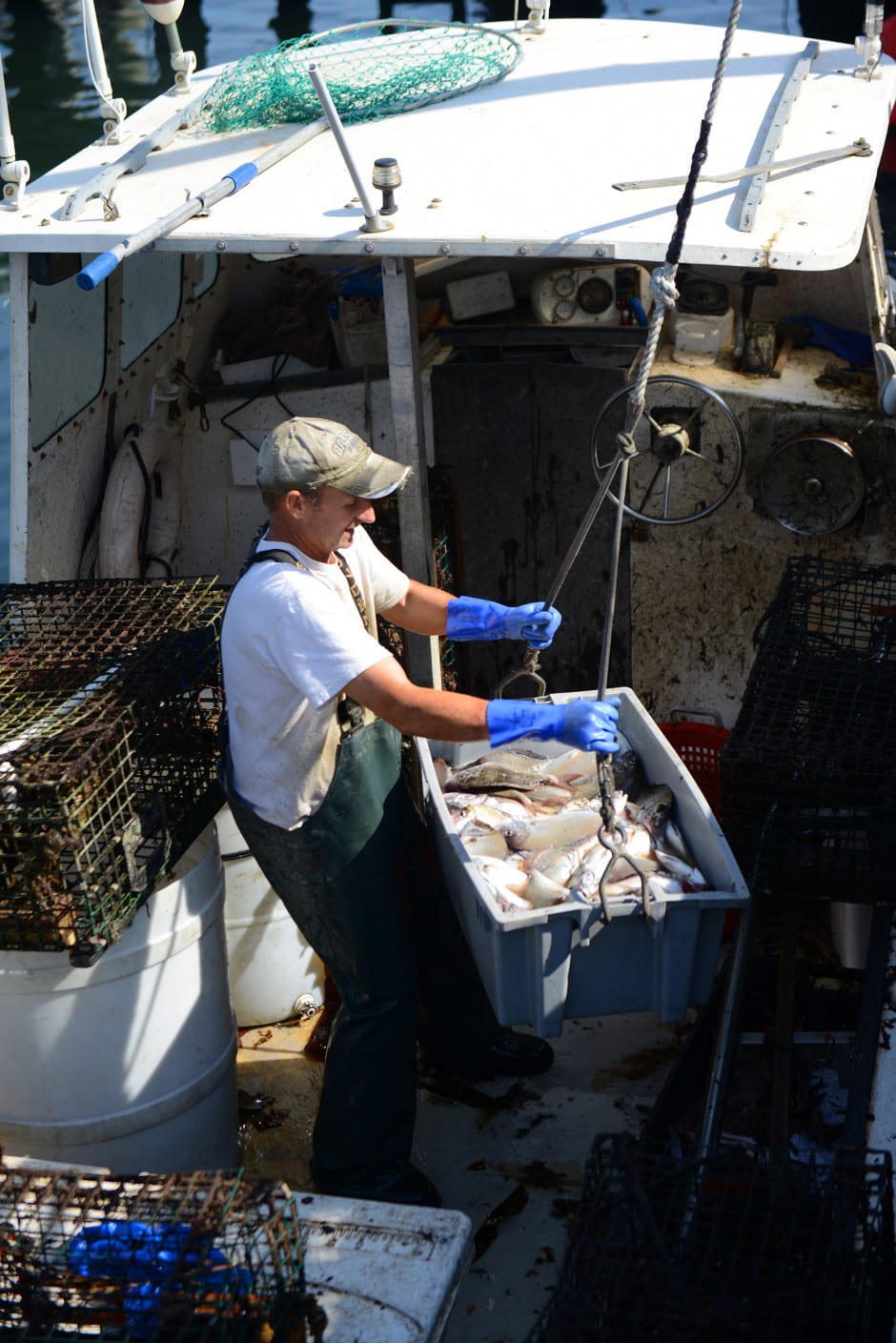
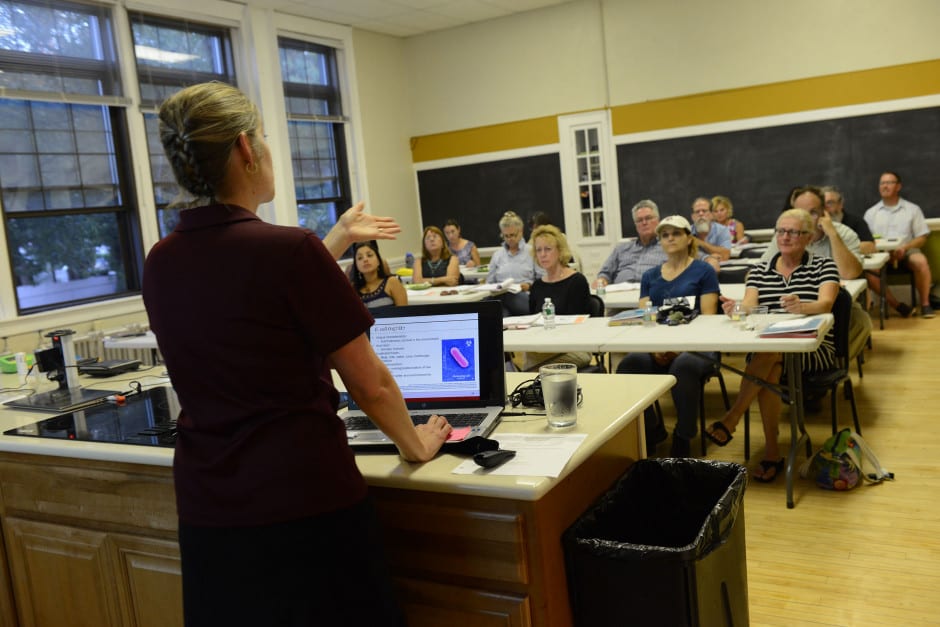

RIFPC, through work group meetings and events, strives to create a network of stakeholders across the state, where individuals have the opportunity to connect, share their work, and problem solve. It has been especially beneficial in including people who are interested in community food issues but don’t know how to get involved or what their role should be.
With the passage of the recent Farm Bill, USDA’s Food Insecurity and Nutrition Incentive (FINI) grant program provided an opportunity for RIFPC to test out its coordination and network-building capabilities. The grant program is designed to support initiatives that provide fruit and vegetable incentives to SNAP participants.
“There was a desire to have a coordinated Rhode Island strategy in our approach to the FINI grant application,” says Kayla. RIFPC played this coordinating role during the process, hosting conversations with several Rhode Island groups to ensure the proposals weren’t seen as competitive, but as complimentary. “It took a lot of time to negotiate, but it also ended in such a way that everyone was comfortable. We were all in it together. And having the RIFPC and its Access Work Group as neutral conveners was incredibly helpful.”
RIFPC’s effort ended in success – Farm Fresh Rhode Island and a range of other independent markets in the state were funded for incentive programs through Wholesome Wave, while Fresh to You, a program run by the Rhode Island Public Health Institute, was funded through a pilot grant.
With the help of general operating support from the Henry P. Kendall Foundation, the Rhode Island Food Policy Council has become a model for other states of how to build a food policy council from a grassroots effort. Leo Pollock, RIFPC’s Network Coordinator, describes the council as having a bottom-up approach, working with as minimal resources as possible. “This approach, opposed to a top-down, government organized and funded approach, can allow for more creativity and flexibility, especially in terms of setting goals and priorities as the council develops.” A recent example of this flexibility manifests itself in the addition of a fifth Work Group, which will focus on engaging the public health community around the connections between food and health.
Reflecting on her time as Chair of the Access Work Group, Kayla summarizes, “We have a lot of non-profits in this state addressing a range of food problems; one non-profit is not going to solve those problems alone. Having a third party state-wide umbrella that is framing the conversation provides an opportunity to say ‘these organizations aren’t doing it alone; we’re all doing it together.’”
Learn more: Rhode Island Food Policy Council
The creation of the RIFPC brought together people concerned about food issues and combined their individual interests into an organizational entity and network. It connected people.
